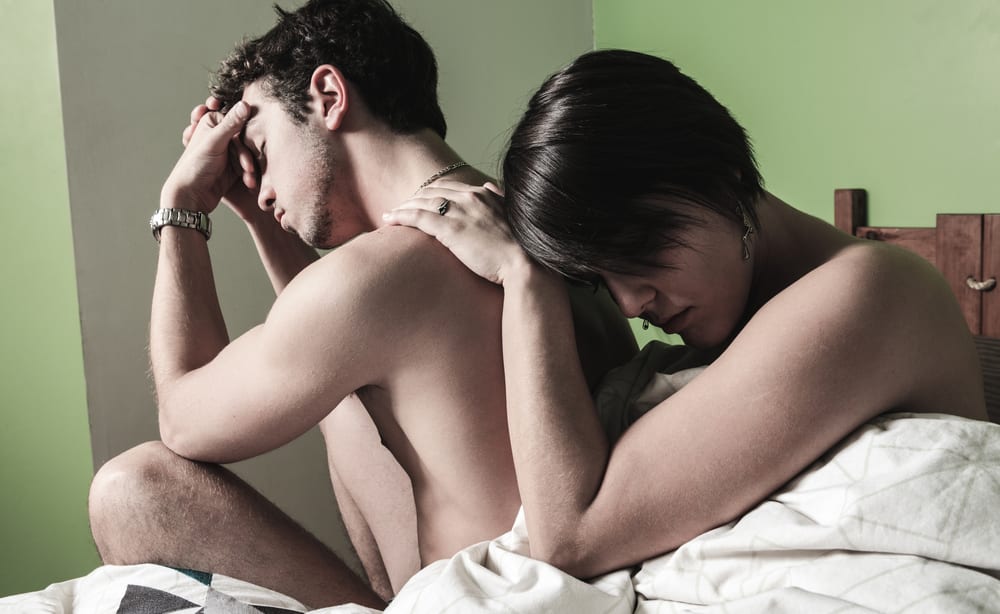Cancer and Sexuality

Cancer can have dramatic effects on the lives of survivors and their loved ones. When someone we love has cancer, it can cause rifts in family ties, depression, and severe grief. Most of these issues are understood by professionals who strive to help cancer patients and their families. Yet there is one area of a cancer survivor’s life that is often overlooked by the survivor and the medical staff that treat her and that is: her sex life. For the first time, Boulder Community Hospital will be offering a class to help women who have struggled with cancer to reignite their sex lives.
Often cancer survivors will suffer from medical, psychological, and/or physical issues that inhibit a healthy sex life. Chemotherapy can impact their sex drive. Their relationship with their partner may have shifted and become strained due to a change in roles from lovers to one of caregiver and patient. Body image may also become an issue.
Tara Galeano is a licensed professional counselor and certified sex therapist. She has been in private practice as a psychotherapist in Boulder for fourteen years. She has taught at Naropa University, Colorado School for Family and Play Therapy, University of Colorado at Boulder, and other private and governmental businesses. Attendees of her classes and workshops have enjoyed her calm, warm, and welcoming style of presenting pertinent information in a direct way.
Chemotherapy and radiation therapy can cause women to suffer from sickness, fatigue, irritability, and nausea. Women just don’t feel sexy with those symptoms. Some surgeries, such as mastectomies, can also alter a woman’s image of herself and she may not feel sexually attractive to her partner. It takes a woman time to rediscover and explore her new body image by herself. It is important for her to take this time to feel sexy with herself before she can feel sexy with others.
Women can also suffer from a reduced sex drive, either directly from treatment or indirectly from the psychological toll of having cancer. Other complications may include body dysmorphia due to mastectomies, poorer mental health, and vaginal dryness. These are caused by the fact that cancer patients are only looking at their own survival, which makes sense at the time. However, once treatment is over, women have the opportunity to relax and open up to experiencing pleasure in their lives again. Cancer and Sexuality will help with that.
A cancer survivors’ relationship with her partner can also become strained. The new role that their partner takes on is usually one of a caregiver. One of the biggest problems that women experience is not being able to adequately relate to their partners the immensity of what they have experienced. For their partner, having not had cancer, understanding their beloved’s emotions is difficult (Fobair, P, 2006). The caregiver has seen the survivor at their most vulnerable and they may become fearful of touching their significant other. In the recent past, physical contact may have caused pain; the caregiver has learned to not touch so as not to cause pain. Cancer and Sexuality will address this dynamic.
To register for the free, introductory class or the February four week series, please contact Tara at Tara@BoulderSexTherapy.com.
Fobair, P., Stewart, S. L., Chang, S., D’Onofrio, C., Banks, P. J. and Bloom, J. R. (2006), Body image and sexual problems in young women with breast cancer. Psycho-Oncology, 15: 579–594. doi: 10.1002/pon.991

Responses